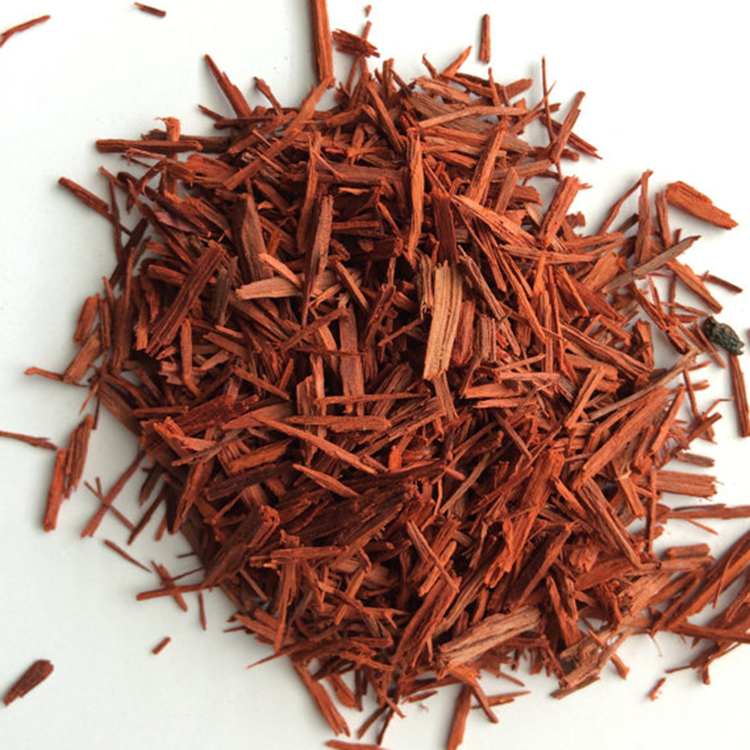Sandalwood

Overharvesting of sandalwood has caused a shortage for both Santalum spicatum and Santalum album, but this state is and has been fully controllable by addressing with intelligent procedure and conscientiousness. To address the shortage, in the 1990s sandalwood had also become a plantation crop meant for future harvest.
Today, some trees from plantations have reached maturity for harvest and plantation wood is slowly coming into the market which should ease the strain in the market in the years to come. The plantation sandalwood should reduce the high cost for Sandalwood Oil and aid with balancing supply and demand. Prices are still firm as of right now as this new oil is only starting to become available to manufacturers and demand is still very high. You can find limited levels of sandalwood in MC2 developments, a once compromised agricultural product, however satisfyingly sensuous, deserves moderate consumption and management.
Also in MC2 BLOG

Welcome to The Future of Neuro Beauty
The understanding of Cognitive Beauty opens new possibilities for beauty treatments that go beyond surface-level aesthetics and delve into the underlying neurobiology of beauty and the diverse world of aesthetics.

Your Skin Is A Quantum Communicator
Your skin is a sensory force field, constantly receiving and emitting powerful signals. It’s how you interact with the world and how the world interacts with you.
Your skin is a quantum communicator—it picks up vibrations, temperature changes, even emotional energy from others - Melani Chong

The Skin - Brain Axis - How It works
Melani Chong Neuro Beauty Expert ::: The Skin-Brain Superhighway
Did you know your skin and brain have a hotline to each other? Yep, they're chatting 24/7 through a superhighway of nerves and biochemicals. Stress, mood, and even how well you sleep can affect your glow-up game.
Because understanding this connection gives you the power to take control of your skin's story. Managing stress, sleeping well, and using neurocosmetic ingredients can help keep both your mind and skin in harmony.

